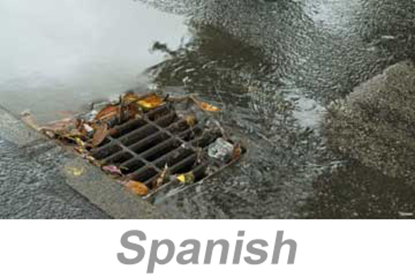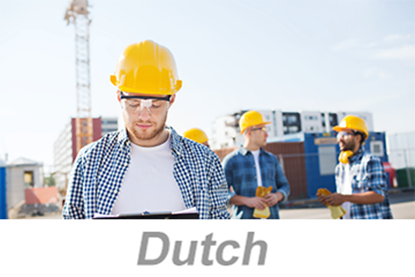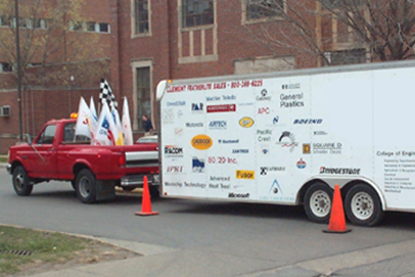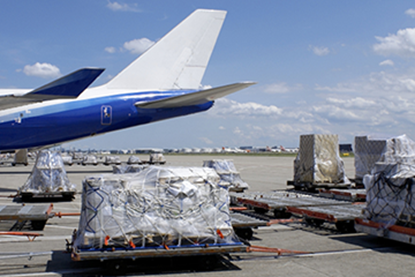You have no items in your shopping cart.
NON-OSHA
Excludes OSHA Content
Stormwater Pollution Prevention (US) (Spanish)
Las leyes nos exigen que regulemos las aguas pluviales con objeto de reducir la contaminación de ríos y lagos. Identificar las fuentes de contaminación de aguas pluviales y evitar que tengan contacto con escorrentía es una de las mejores y más económicas maneras de proteger la calidad de nuestra agua. Este curso presenta las mejores prácticas de manejo para prevenir la contaminación de aguas pluviales.
$29.95
Tasks and Corrective Actions
Tasks and corrective actions give you a chance to put everything you learned during inspections and observations to work so that you can improve safety. Take this course to learn about factors that should influence the corrective actions you choose and best practices you should follow. This course is intended for all industries and construction employees, including managers.
$29.95
Tasks and Corrective Actions (Dutch)
Taken en Corrigerende Acties geven u een kans om alles wat u geleerd heeft tijdens inspecties en observaties in de praktijk te brengen, zodat u de veiligheid kunt verbeteren. Neem deze cursus om te leren over factoren die de keuze van corrigerende maatregelen en beste werkwijzen zouden moeten beïnvloeden. Ideale leerlingen - Deze cursus is bedoeld voor alle industrie- en bouwwerknemers, inclusief managers.
$29.95
Tasks and Corrective Actions (Spanish)
Las tareas y acciones correctivas le dan la oportunidad de aplicar todo lo que ha aprendido durante las inspecciones y observaciones para que pueda mejorar la seguridad. Tome este curso para aprender acerca de los factores que deben influir en las acciones correctivas que elige y las mejores prácticas que sigue. Estudiantes idóneos: Este curso está diseñado para todos los empleados de todas las industrias y construcción, incluyendo gerentes.
$29.95
Towing Trailers (US)
Trailers towed by motor vehicles provide an efficient, convenient way to carry heavy loads but they present challenges to drivers. To avoid accidents, you should understand exactly how towing a trailer affects the vehicle you are driving and what you can do as a driver to stay safe as you tow your load.
$29.95
Transportation of Dangerous Goods (Canada)
The dangers associated with hazardous goods are magnified when people transport them since they are in motion and may be exposed to dangerous conditions. The Canadian government enacted the Transportation of Dangerous Goods (TDG) Act to promote public safety. Everyone who transports hazardous goods needs to know what they are handling, what the dangers are and what to do in case of an emergency. Take this course as an overview to TDG regulations. Ideal learners include anyone who is involved in shipping or receiving dangerous goods.
$29.95






